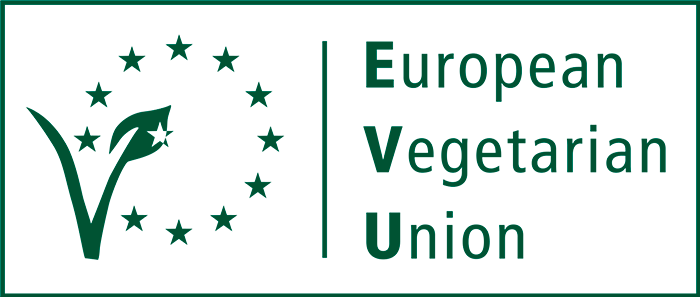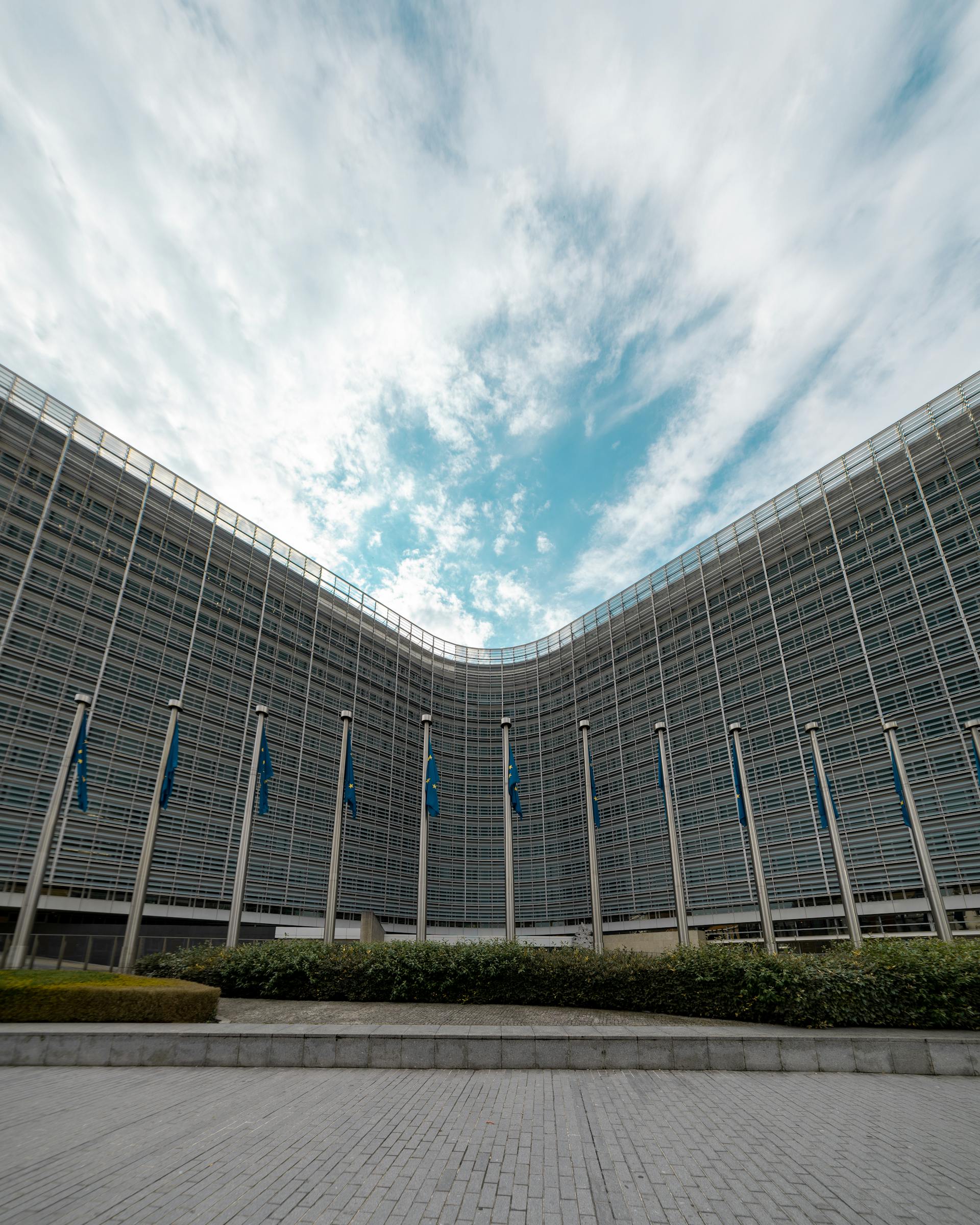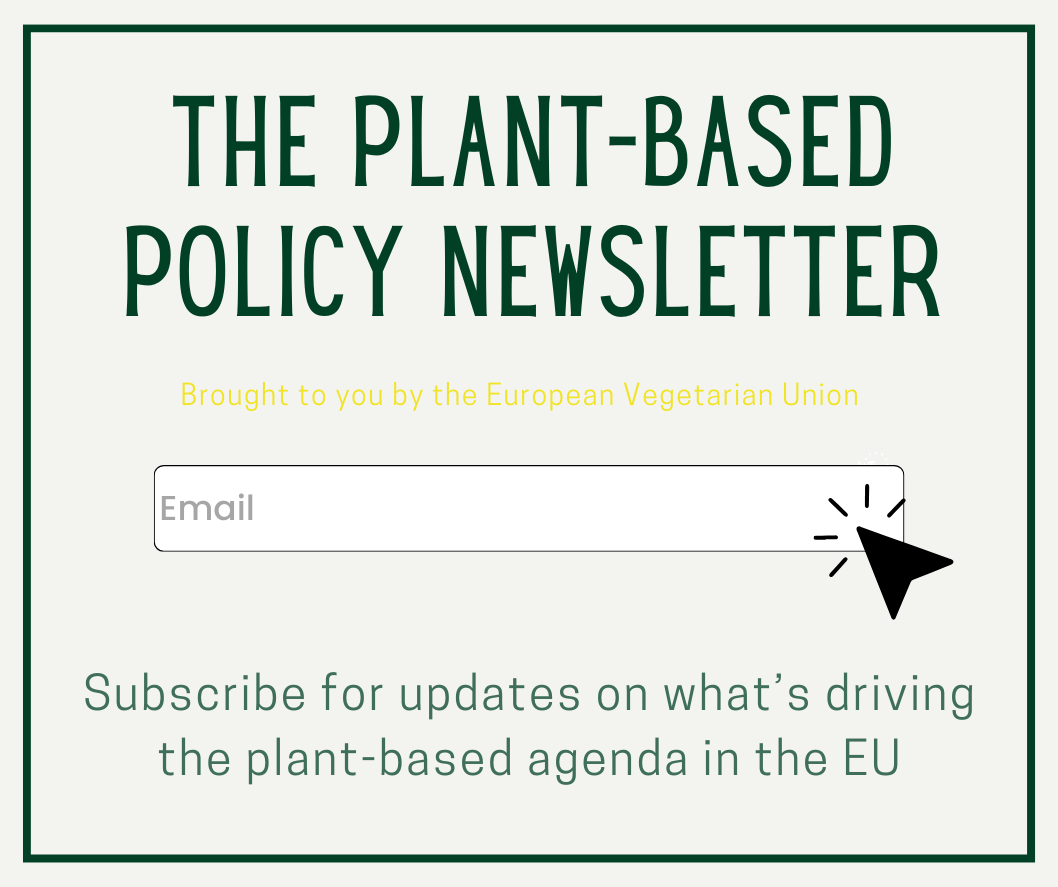On 4 September 2025, the European Academies Science Advisory Council(EASAC)*, launched a comprehensive report on meat alternatives. The protein report explores the use of plant-based alternatives to meat, but also includes different new technologies such as fermented and cultivated foods.
The scientists looked at the impact and potential benefits of these meat alternatives compared to traditional meat, as well as whether and how these foods could contribute to the European Union’s sustainability and health goals.
Professor Bert Rima, who chaired both the EASAC working group on meat alternatives and the launch of the report has a clear take on the report’s findings and the urgency of the matter: “The EU needs to act now if it wants to stay ahead of the protein transition, ensure food security, and meet its climate and biodiversity goals. It should create policies that support innovation in meat alternatives while ensuring food safety and consumer protection. Europe’s future generations are likely to grow up with less meat on their plates – and that may be both necessary and beneficial. The report offers guidance to encourage people to eat less meat and to enable better choices.”
Particularly interesting but not surprising: while all alternatives considered, by the report fared better than conventional meat on almost all parameters, plant protein emerged as the clear winner: plant-based alternatives offer the greatest environmental, climate and health benefits, consumer acceptance rates and are already well-established options in many European food landscapes. This was also acknowledged in a comparison to insect derived foods.
The report contains a series of science-based recommendations, with six particularly urgent calls to policymakers, including the need to strengthen consumer awareness with evidence-based recommendations on integrating meat alternatives into balanced diets, combat misinformation and help livestock farmers adapt to changing markets alternative proteins. The EASAC hopes that its findings and recommendations will be able to feed into the European Commission’s work on the next EU Protein Strategy, announced for 2026.
*EASAC is the voice of independent science advice, bringing together the National Academies of Science of the EU Member States, Norway, Switzerland and the United Kingdom. Its mission is to inform both national and European Union policymakers on evidence to take policy decisions – on questions of relevance regarding environment, energy, biosciences and public health. EASAC’s views are independent of commercial or political bias and provide science-based analysis and recommendations.


